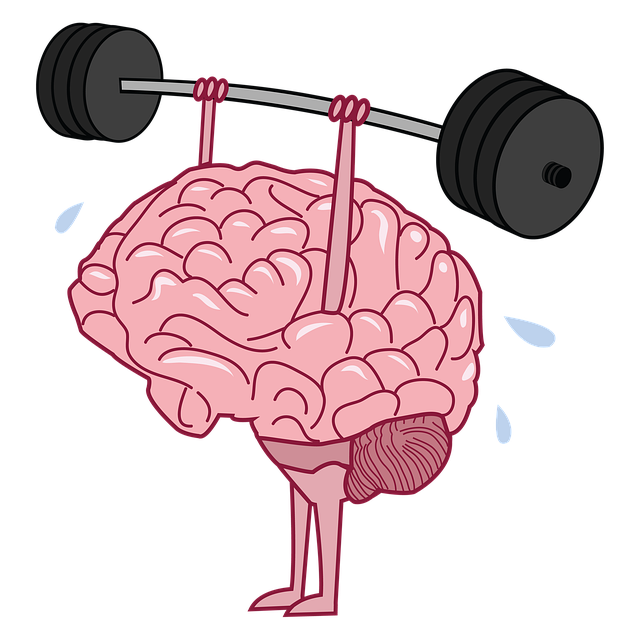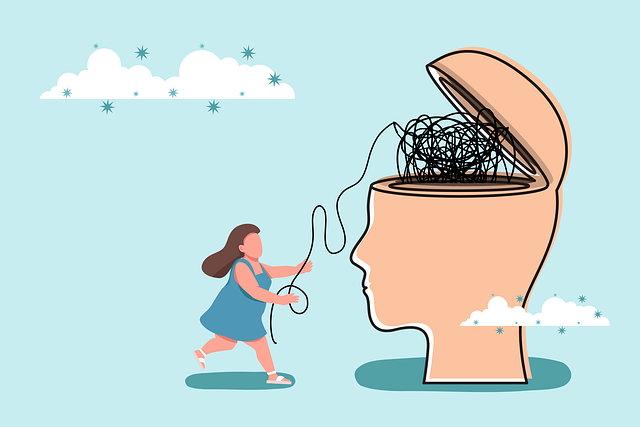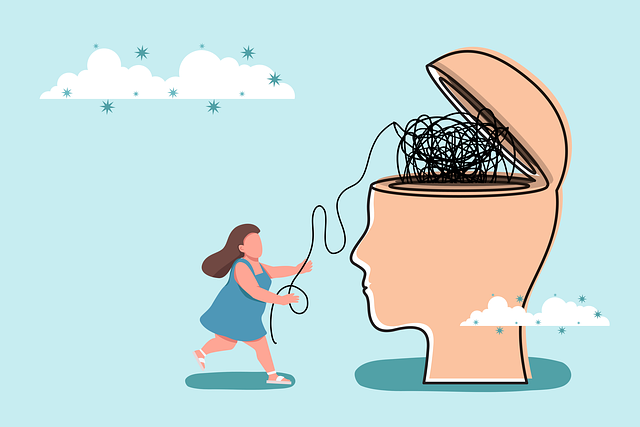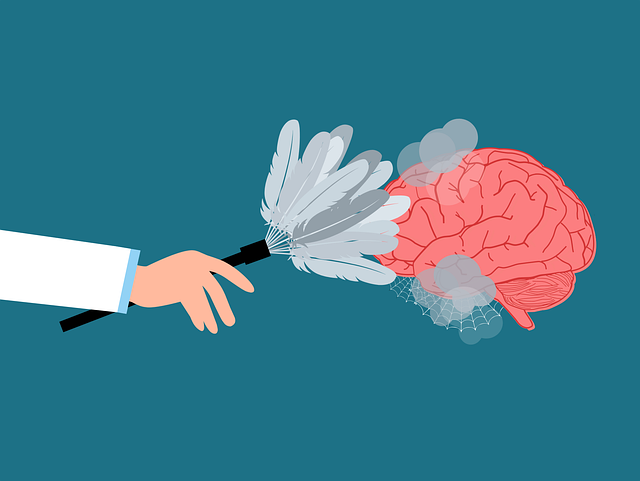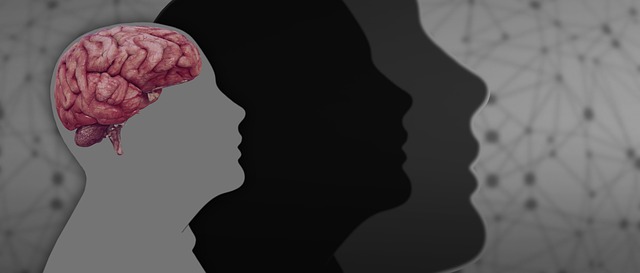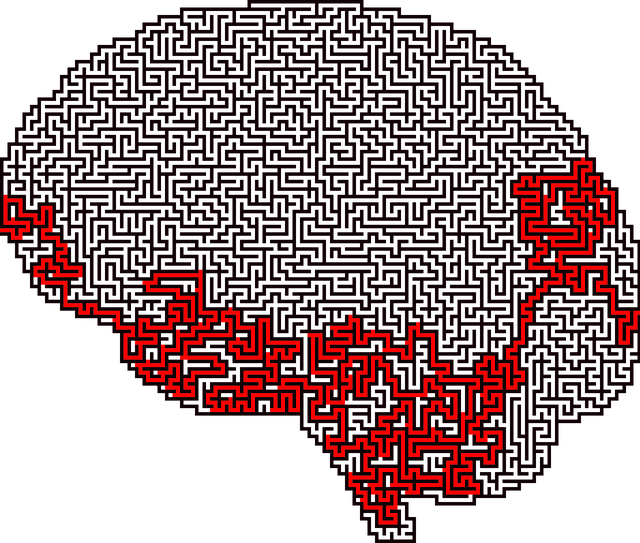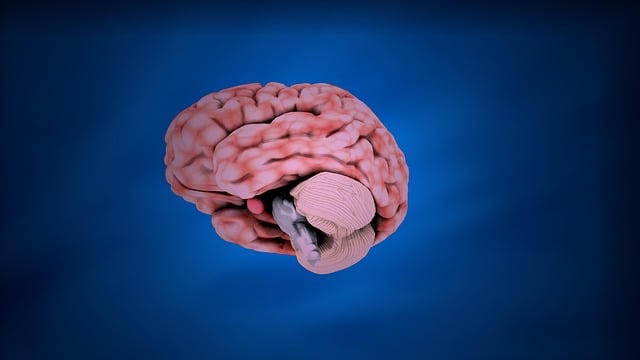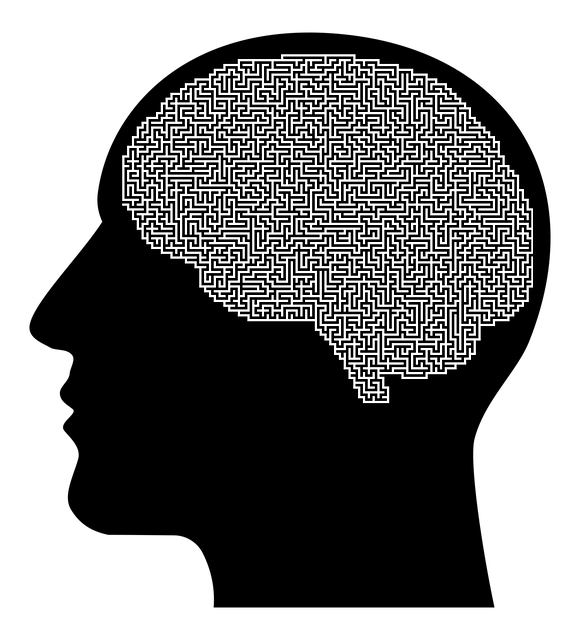Northglenn Chronic Illness Therapy focuses on empowering individuals with emotional regulation skills to cope with chronic health challenges. By identifying triggers, understanding emotions, and employing strategies like mindfulness, cognitive reframing, and self-awareness exercises, patients gain mental resilience. These techniques improve well-being, reduce stress, and enhance quality of life, offering tailored support for diverse cultural backgrounds. Social skills training complements emotion regulation, fostering better relationships. Consistent practice transforms emotions into manageable information, enabling individuals to navigate life's challenges with enhanced emotional control.
Emotion regulation techniques are essential tools for managing mental health, particularly in navigating the challenges of chronic illness. In this comprehensive guide, we explore the significance of emotion regulation and provide practical strategies tailored to individuals in Northglenn seeking therapy. From understanding emotional responses to mastering mindfulness, these techniques empower folks to cope with stress, anxiety, and depression associated with chronic conditions. By integrating these practices into daily life, individuals can enhance their overall well-being.
- Understanding Emotion Regulation and its Significance
- Identifying Triggers: Recognizing Patterns in Emotional Responses
- Cognitive Strategies: Challenging Negative Thoughts and Beliefs
- Mindfulness and Meditation Techniques for Emotional Balance
- Practical Applications: Integrating Emotion Regulation into Daily Life
Understanding Emotion Regulation and its Significance

Emotion regulation is a crucial skill that enables individuals to navigate life’s challenges and maintain mental well-being. It involves recognizing, understanding, and managing one’s emotions effectively, ensuring they don’t overwhelm or control our thoughts and actions. This process is particularly significant for those dealing with chronic illnesses in Northglenn, as it can significantly impact overall health and quality of life. When individuals learn to regulate their emotions, they gain a sense of agency, reducing the impact of stress and negative feelings associated with illness.
At its core, emotion regulation strategies foster self-awareness exercises, resilience building, and mindfulness meditation. These practices empower people to acknowledge and accept their emotions without reacting impulsively. By developing these skills, individuals can better cope with the emotional ups and downs that often accompany chronic health conditions, leading to improved mental resilience and overall well-being.
Identifying Triggers: Recognizing Patterns in Emotional Responses

Understanding and identifying emotional triggers is a powerful step in learning to regulate emotions effectively. The first step involves recognizing patterns in one’s emotional responses. This process requires introspection and awareness, encouraging individuals to pay close attention to their feelings and the situations that evoke them. At Northglenn Chronic Illness Therapy, we emphasize the importance of this self-discovery phase, as it forms the foundation for developing healthy coping strategies.
By keeping a journal or tracking one’s emotions over time, individuals can start to notice recurring themes and triggers. For instance, certain situations, conversations, or even memories might consistently lead to specific emotional reactions. Identifying these patterns allows people to proactively manage their emotions and implement effective regulation techniques. This self-awareness fosters the development of tailored strategies aimed at promoting emotional well-being and can also guide the implementation of community outreach program initiatives or personalized self-care practices.
Cognitive Strategies: Challenging Negative Thoughts and Beliefs

Cognitive strategies play a pivotal role in emotion regulation, especially when it comes to managing challenging emotions associated with chronic illnesses. The first step involves identifying and challenging negative thoughts and beliefs that often arise during such conditions. Many individuals struggling with chronic health issues may develop unhelpful cognitive distortions, such as thinking, “I am weak because I’m sick” or “This illness is all my fault.” These negative thought patterns can significantly impact emotional well-being. By actively questioning these thoughts, one can begin to reframe them in a more positive and realistic light. For instance, replacing the above statements with affirmations like, “My health may be different right now, but I am strong and capable of managing this,” empowers individuals to foster resilience.
Northglenn Chronic Illness Therapy offers valuable tools to help clients navigate these emotional challenges. Therapists guide patients through techniques to challenge negative thoughts, replace them with more adaptive ones, and ultimately reduce the impact of stress on their overall well-being. This process is a crucial component of emotional healing processes, enabling individuals to develop effective coping mechanisms for managing chronic illness-related stressors and improving their quality of life. Stress reduction methods, including cognitive reframing, are taught to empower people to take control of their emotions, even in the face of significant health challenges.
Mindfulness and Meditation Techniques for Emotional Balance

In today’s fast-paced world, maintaining emotional balance is a skill that can be cultivated through various practices, and mindfulness and meditation stand out as powerful tools. Northglenn Chronic Illness Therapy emphasizes the integration of these techniques into daily routines to foster better mental health and well-being. Mindfulness Meditation encourages individuals to focus on the present moment, observing their thoughts and emotions without judgment. By cultivating awareness, one can create a distance between themselves and their reactions, leading to improved emotional regulation.
This practice is not just about calming the mind; it’s a form of self-care that empowers individuals to manage their moods more effectively. Research highlights its benefits in reducing stress and anxiety, which are prevalent issues in modern society. Moreover, cultural sensitivity in mental healthcare practice plays a significant role in making these techniques accessible and beneficial for all, ensuring that mindfulness meditation can be tailored to diverse cultural backgrounds and individual needs.
Practical Applications: Integrating Emotion Regulation into Daily Life

Emotion regulation techniques are practical tools that can be integrated into daily life, offering significant benefits for individuals managing chronic illnesses in Northglenn Chronic Illness Therapy. These techniques empower people to navigate their emotions more effectively, fostering a sense of control and resilience. By learning to recognize and understand their feelings, individuals can develop strategies to respond to challenging situations with greater calmness and clarity. For instance, deep breathing exercises or mindfulness practices can help reduce stress and anxiety in the moment, while cognitive reframing techniques encourage healthier thought patterns, leading to improved emotional well-being.
Integrating emotion regulation into daily routines enhances overall mental health and quality of life. Social Skills Training and Conflict Resolution Techniques, when combined with inner strength development, enable individuals to communicate their needs assertively and resolve conflicts peacefully. These skills are valuable in personal relationships and at work or school, promoting better connections and a more fulfilling social life. With consistent practice, emotion regulation becomes an intuitive process, allowing people to embrace their emotions as valuable sources of information rather than overwhelming obstacles.
Emotion regulation techniques, as explored in this article, offer a powerful toolkit for navigating life’s challenges. By understanding emotional responses, identifying triggers, employing cognitive strategies, and integrating mindfulness practices, individuals can foster resilience and improve overall well-being. These skills are especially beneficial for those managing chronic illnesses in Northglenn or similar communities, promoting better mental health outcomes and enhanced quality of life. With consistent practice, emotion regulation becomes a game-changer, empowering folks to embrace emotional balance and thrive.
